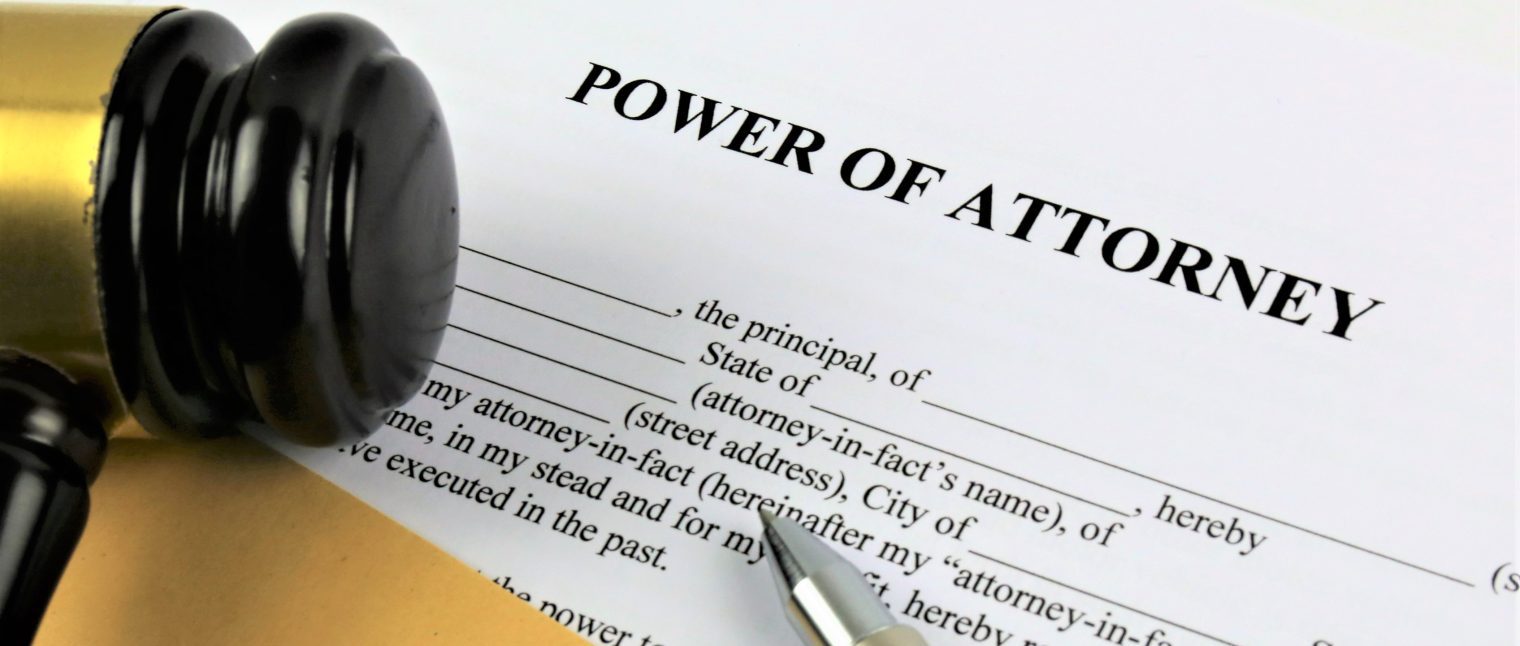What Are the Different Types of Powers of Attorney in Indiana?
What Are the Different Types of Powers of Attorney in Indiana?
Thinking about the future can be unsettling, especially when it involves the possibility of being unable to manage your own affairs. Planning for such events provides peace of mind, not just for you, but for your loved ones as well. A Power of Attorney (POA) is among the most critical documents in estate planning, ensuring your wishes are honored and your life continues to be managed by someone you trust.
At Paul Rossi Law Offices, we understand the weight of these decisions. Our experienced team is here to guide you through the process, ensuring you feel secure and confident in your future arrangements. In Indiana, there are four main types of POAs to consider:
- Financial Power of Attorney: For managing your financial matters.
- Limited Power of Attorney: For specific, temporary tasks.
- Medical Power of Attorney: For making healthcare decisions.
- Durable Power of Attorney: Is effective even when the principal becomes incapacitated.
Understanding these options is the first step toward securing your legacy and protecting your family from uncertainty.
What is a Power of Attorney (POA) in Indiana?
A Power of Attorney is a type of legal document that gives a person you choose (your “agent” or “attorney-in-fact”) the authority to act for you in specific situations. This document allows you to maintain control over your life decisions even if you are no longer able to communicate them yourself. Without a POA, your family may face a costly and lengthy court process to obtain a guardianship to manage your affairs.
What are the Different Types of Powers of Attorney in Indiana?
Indiana law recognizes several types of POAs, each serving a distinct purpose. Selecting the right one depends on your specified needs and circumstances.
Financial Power of Attorney
With a Financial Power of Attorney, you can choose an agent to take care of your financial and property matters for you. This can include managing bank accounts, paying bills, handling investments and conducting real estate transactions. You can grant broad authority or limit your agent’s powers to specific tasks. This is vital for ensuring your financial obligations are met if you become incapacitated.
Limited Power of Attorney
A Limited Power of Attorney gives authority for a very specific task or a defined period. For example, you might use it to allow someone to sell a car on your behalf while you are out of the country. Once the task is complete or the specified time ends, the POA expires.
Medical Power of Attorney
A Medical Power of Attorney, also called a healthcare power of attorney, is crucial for healthcare planning. It allows you to designate an agent to make medical decisions for you if you are unable to do so. This includes decisions about treatments, surgeries, and end-of-life care, ensuring your personal healthcare preferences are respected.
Durable Power of Attorney
A Durable Power of Attorney will remain effective, even in a situation where you are incapacitated. This is a popular choice for individuals looking to prepare for unforeseen circumstances.
What Makes a Power of Attorney Valid in Indiana?
For a Power of Attorney to be legally valid in Indiana, two key conditions must be met. First, the person creating the POA (the principal) must be of sound mind and fully understand the document they’re signing and the authority they’re granting. Second, the document must be signed in the presence of a notary public. These requirements protect against fraud and ensure the principal’s intentions are clear.
Who Should I Choose as My Agent?
Selecting your agent is one of the most important decisions you will make. This person should be someone you trust implicitly to act in your best interest. Consider their financial responsibility, reliability, and willingness to take on this significant role.
What Should I Do After Creating a Power of Attorney?
Once your POA is signed and notarized, your work is not finished. You should distribute copies to your agent, your successor agent and any financial or medical institutions that will need to interact with your agent. It is important to regularly review your POA every few years or after major life events to ensure it still reflects your wishes.
Secure Your Future with Trusted Legal Guidance
Creating a Power of Attorney is a profound act of foresight for yourself and your loved ones. It provides clarity and direction during life’s most challenging moments. While it can be difficult to confront these decisions, you do not have to do it alone.
The attorneys at Paul Rossi Law Offices can help you draft a Power of Attorney that aligns with your needs and delivers lasting peace of mind. Contact us today to set up a consultation.











